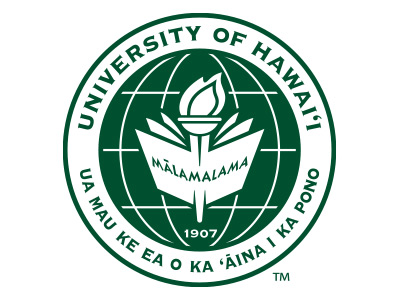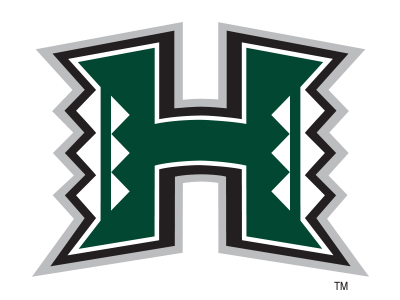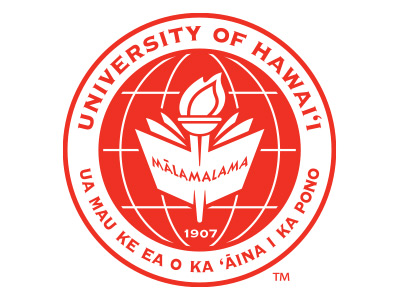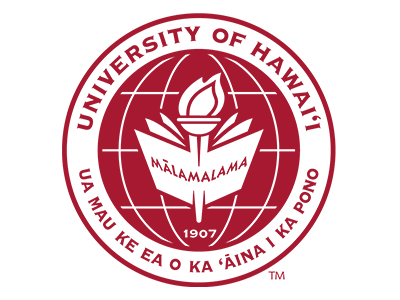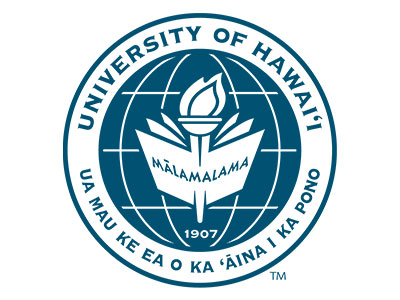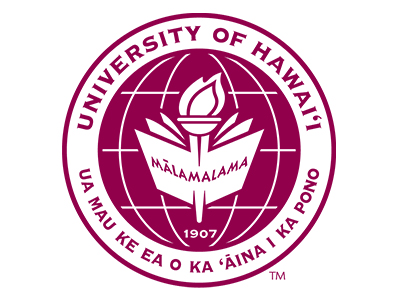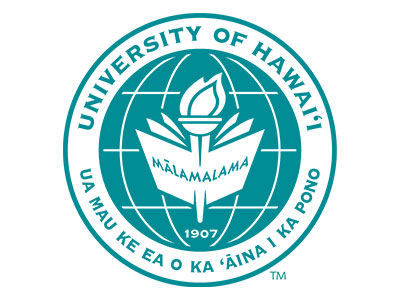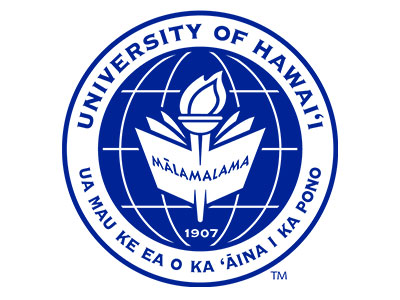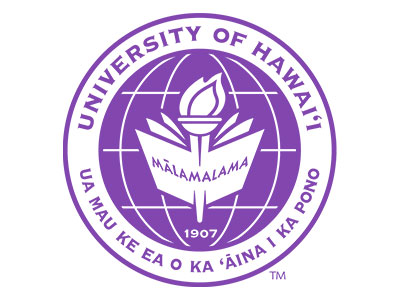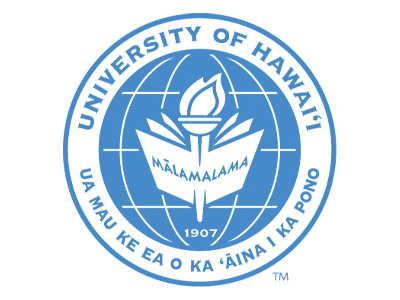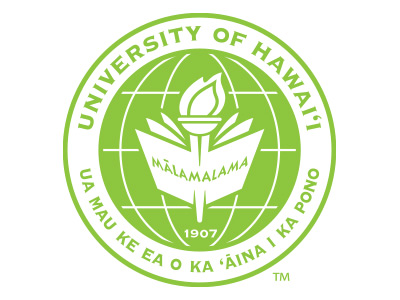Please help us provide Lāhainā’s residents with information on the safety of their water

Following the Lāhainā wildfires, pollutants were released into the environment – including nearshore reef ecosystems – posing health risks such as the threat of illness from recreational exposure to contamination and from eating seafood. Lāhainā community members are deeply concerned about these potential health impacts. In addition to its ongoing work to assess water quality and reef health, UH Maui College’s water quality lab is partnering with county, state, and federal officials to examine contaminant concentrations in sediment, algae, invertebrates, fish liver and muscle tissues off the coast of Lāhainā. Based on findings, and in collaboration with public health experts, UHMC and its partners are translating results into a human health risk assessment and providing recommendations to minimize identified risks. Help us keep Lāhainā residents safe.
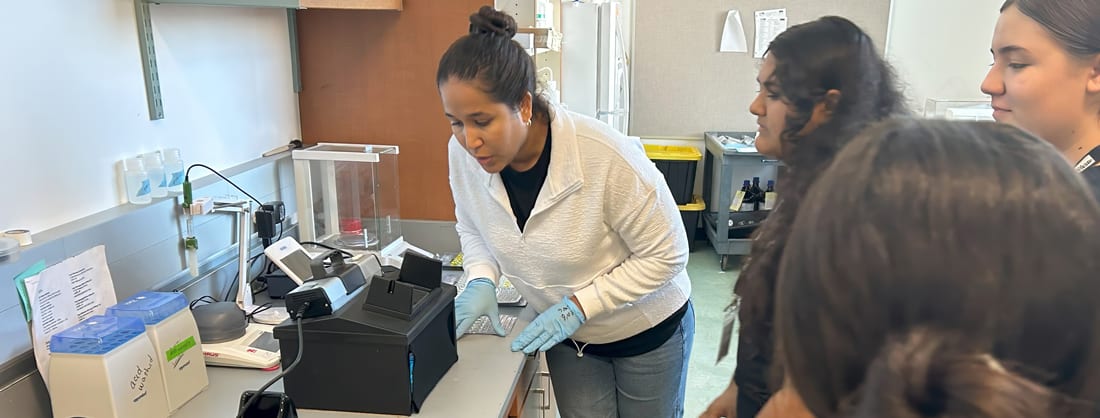
Laura Martinez Robles showing students with the Na Pua Noeau program the results of E. coli samples that tested positive. E. coli bacteria produce a fluorescent signal under a UV light. The students collected, processed, and incubated pond water samples for E. coli.

